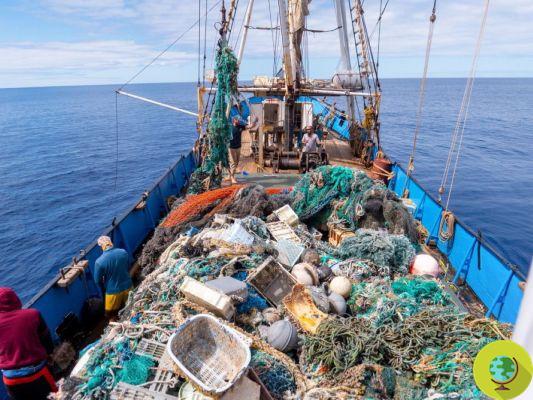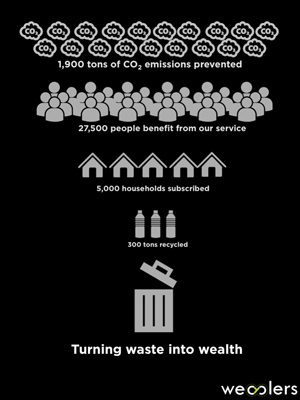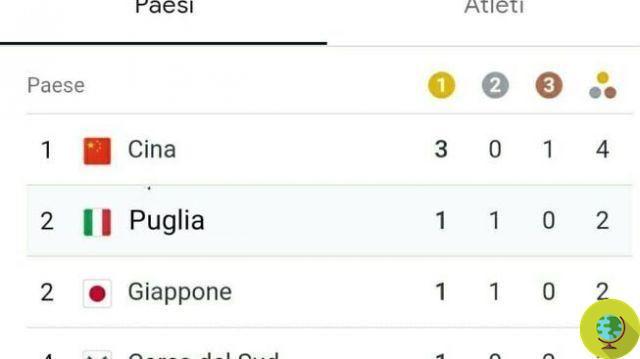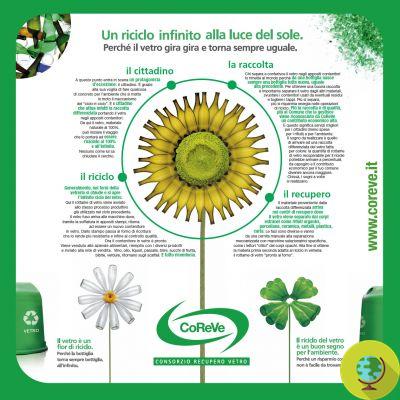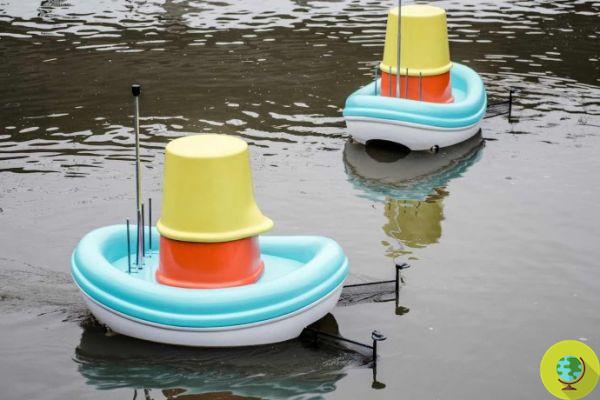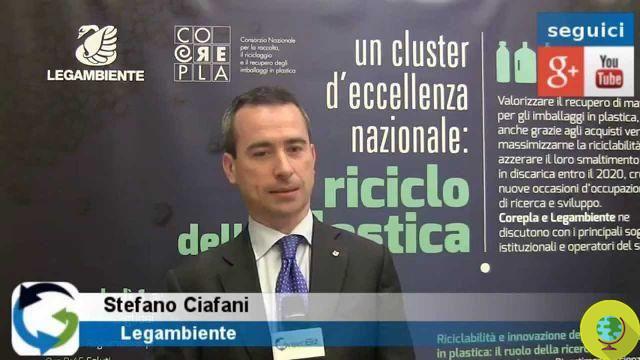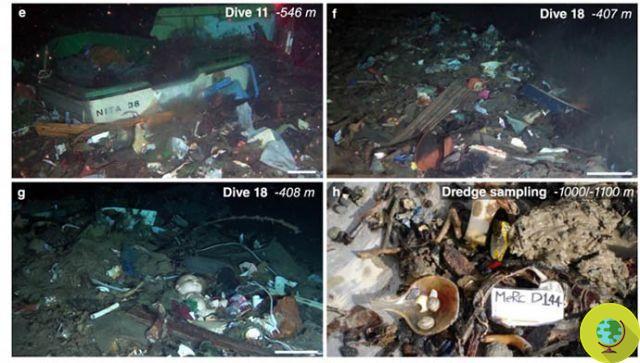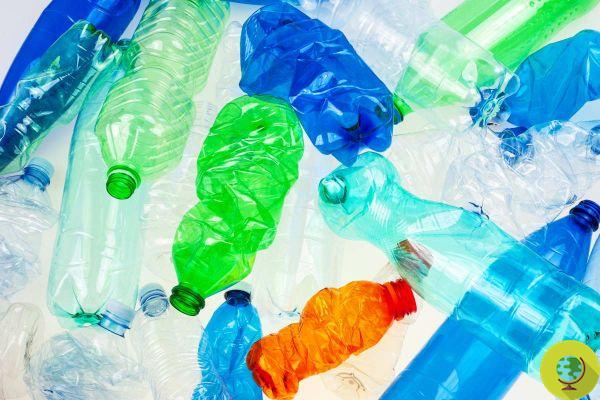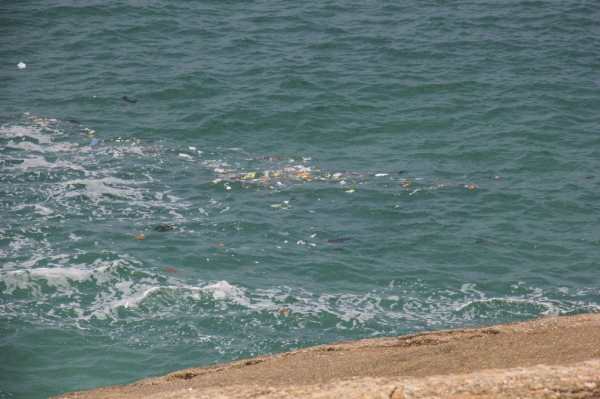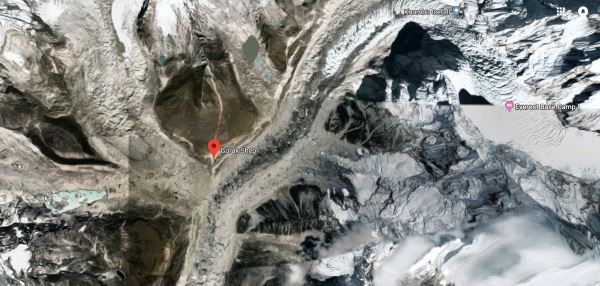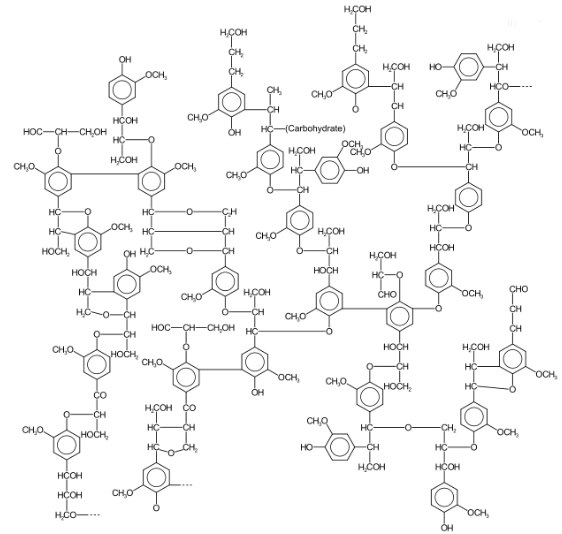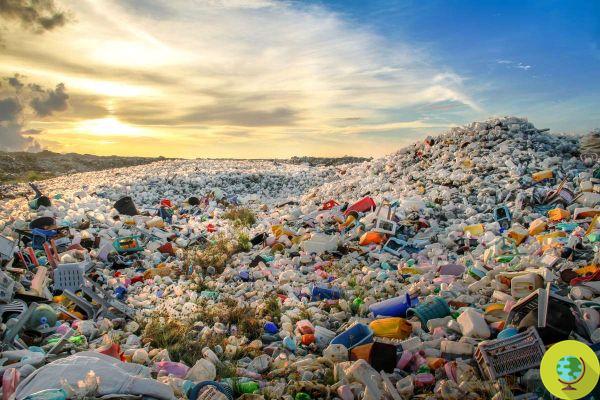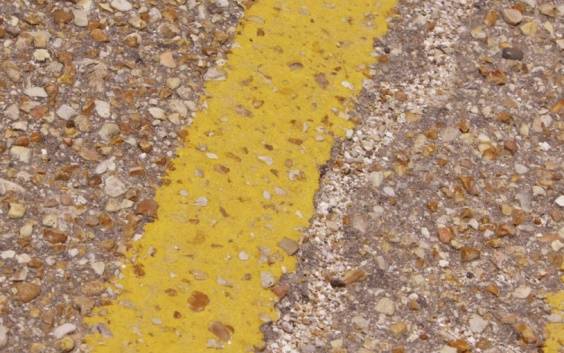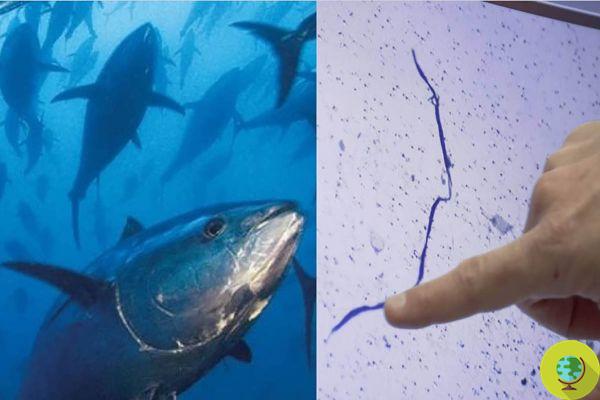
Unfortunately, microplastics are found numerous in the waters of seas, rivers and lakes all over the world. New laboratory analyzes have highlighted the presence of these substances in the fish of Lake Lugano also known as Ceresio. What is worrying is the quantity as well as the possible effects on humans.
Out of eleven fish samples, all found the presence of the same in the digestive system of the animals
Unfortunately, the microplastics they are found numerous in the waters of seas, rivers and lakes all over the world. New laboratory analyzes have highlighted the presence of these substances in the fish of Lake Lugano also known as Ceresio. What is worrying is the quantity as well as the possible effects on humans.
The investigation that wanted to understand, through laboratory tests, the situation of microplastics in the Ceresio, was commissioned by the program straight deal of the Swiss Radio Television RSI at the Environmental Engineering Institute of the Federal Polytechnic of Lausanne (EPFL). What the results highlighted, unsurprisingly, were found inside the fish that populate the lake fragments and fibers from plastics, however, what leaves you a bit stunned is the quantity of these substances.
Last January, another study by the Department of the Territory of the Canton of Ticino found that microplastics in the Ceresio they are twice the average for Swiss lakes. Out of 11 analyzed samples (10 perch and 1 gardon) caught in February, not one was free from the problem, in all the fish there were traces of microplastics inside the digestive system even if in different quantities and sizes.
The fragments found by the technicians are very small and difficult to see with the naked eye (we are talking about the diameter of a hair), among other things over time they tend to further reduce.
It is not yet known what effects the microplastics contained in fish have on the human organism once these animals are consumed. The comments on the results of the analyzes by the experts were, precisely for this reason, marked by caution.
The president of the Ticino Federation for Aquaculture and Fishing, Urs Lüchinger, is convinced that those who eat fish in the area should not worry, however, also because the microplastics were not found in the meat (what is commonly consumed) but in the digestive system. of the animal. In his opinion you can see a bit of a conflict of interest but on one thing, however, he is certainly right: the situation is the same even if you eat fish from other lakes, rivers or sea. Microplastics are found in practically all fish of all latitudes and species.
Of the same opinion Maurizio Costa, president of Ceresiana who declared:
“Let's say we are at the beginning of these studies. We will have to see what the experts will say in the coming years ”.
In reality, although this point has not yet been clarified and the effects on humans of the microplastics contained in fish are not known, it is by no means excluded that the toxic substances contained in these fibers and fragments pass from the digestive system to the meat that it get consumed. He was also supported by the head of the EPFL Laboratory, Florian Breider.
There is also a laboratory test conducted in Toronto that noted inflammatory effects on the fish liver caused by microplastics. Therefore, the possibility of greater "side effects" linked to the contamination of fish by these substances is actually beginning to be glimpsed.
Read also:
- Microplastics are now truly everywhere: new studies reveal the terrible contamination
- Microplastics in fish and animals of the Tyrrhenian Sea: Greenpeace's shocking discovery
- Microplastics kill fish, new study confirms




